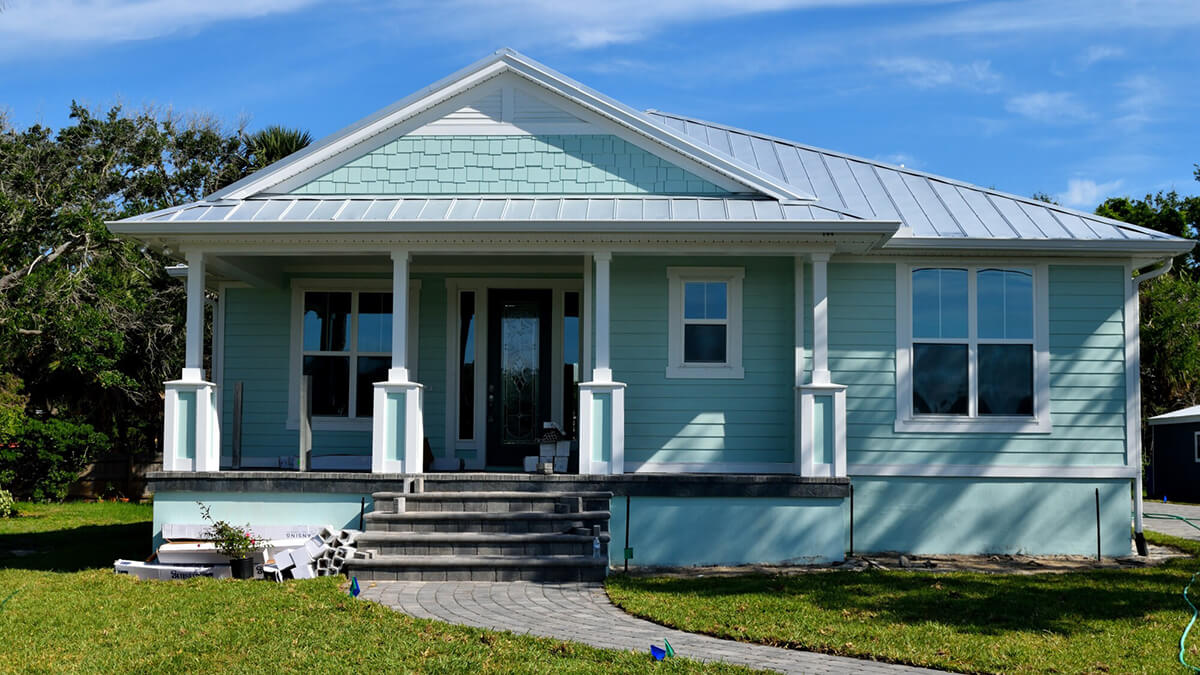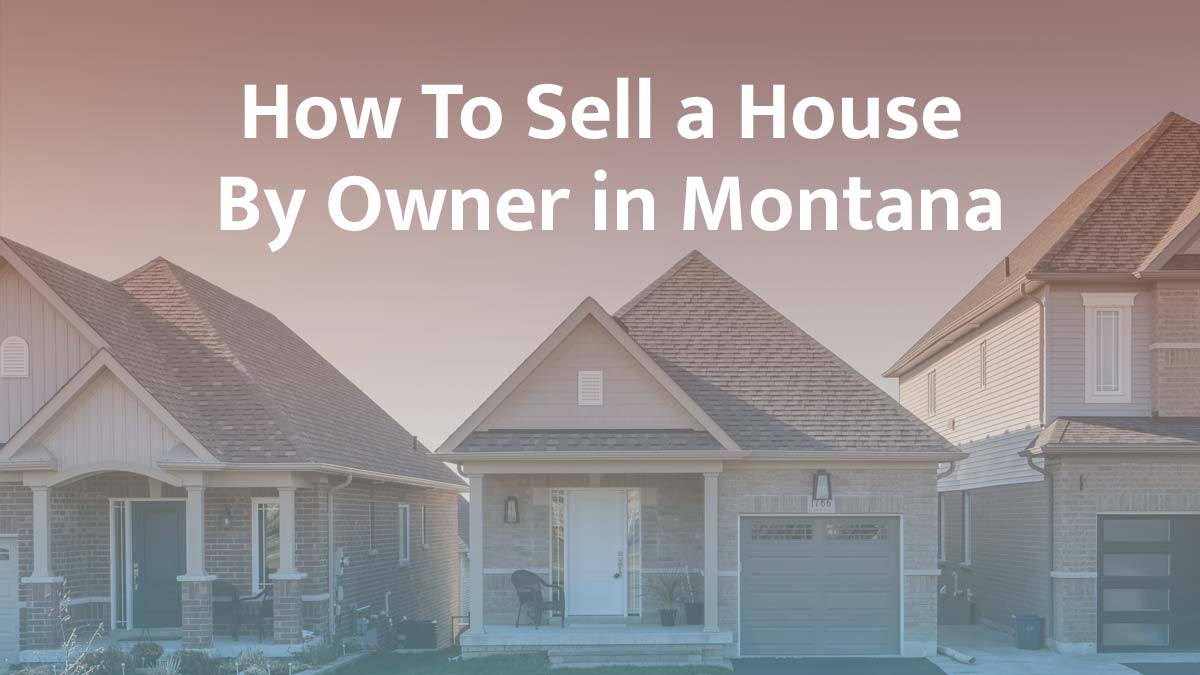Buying a home is a huge milestone, but sometimes, life doesn’t go according to plan. Maybe your job relocated you, the neighborhood isn’t what you hoped, or unexpected bills have piled up. Whatever the reason, you’re probably wondering: Can I sell this place already? The short answer is yes, but the smarter move is knowing exactly how it’ll affect your wallet, timeline, and future buying power.
Selling too soon can mean losing money, facing tax penalties, or struggling to break even, especially if you just bought a few months ago. But it’s not all bad news. In this guide, I’ll walk you through what to consider before listing, how the math works, and how to avoid costly mistakes.
And if selling is the right call, iBuyer.com can help you skip the stress and sell fast, with a data-backed cash offer on your schedule.
Compare Cash Offers from Top Home Buyers. Delivered by Your Local iBuyer Certified Specialist.
One Expert, Multiple Offers, No Obligation.
Selling After Buying
- Why Homeowners Resell So Quickly
- Home Sale Restrictions and Ownership Period Rules
- The 2-Year and 5-Year Real Estate Rules Explained
- What Are the Tax Implications of Selling Early?
- Will You Actually Profit or Break Even?
- Alternatives to Selling Too Soon
- Reilly’s Two Cents
- Selling After a Recent Purchase
- Frequently Asked Questions
Why Homeowners Resell So Quickly
While most buyers intend to stay in their homes for several years, a surprising number end up selling much sooner. Life has a way of changing plans, and homeowners often find themselves needing to resell for reasons beyond their control, or due to a shift in priorities. Here are some of the most common and significant reasons:
1. Job Relocation
One of the leading causes of early resale is a career move. Whether it’s a new opportunity across the country or a sudden transfer, job-related relocations can leave homeowners with little choice but to sell shortly after buying.
2. Financial Pressure
Unexpected expenses like medical bills, layoffs, or rising living costs can make homeownership unsustainable. In these situations, selling early may be a way to regain financial control, even if it means taking a loss.
3. Family and Relationship Changes
Life events such as divorce, marriage, or a growing family can quickly make a home feel too small, too big, or emotionally complicated to stay in. These personal shifts often drive homeowners to move on sooner than planned.
4. Buyer’s Remorse or Mismatched Expectations
Sometimes the house simply isn’t the right fit. Whether it’s the neighborhood, layout, maintenance needs, or commute, many homeowners realize only after moving in that the home doesn’t meet their expectations.
5. Market Conditions and Investment Strategy
In hot markets, some homeowners sell early to capitalize on rising home values. Investors, in particular, may look to flip properties quickly for profit, though this comes with its own risks and tax implications.
Although selling soon after buying isn’t ideal, it’s more common than you might think. What matters most is understanding the financial, legal, and emotional consequences before making your move.
Home Sale Restrictions and Ownership Period Rules
Selling a home shortly after buying it isn’t always as simple as putting up a “For Sale” sign. Depending on your loan type, location, and homeowner’s association (HOA) guidelines, there may be limits or penalties tied to how soon you can resell. Here are the most common restrictions to be aware of:
1. Mortgage Restrictions
Some loan programs, especially FHA and VA loans, come with minimum occupancy periods. FHA loans, for instance, typically require you to live in the home for at least one year before selling, or you could be flagged for breaking the primary residence requirement. VA loans are more flexible but may raise questions if you sell too soon.
2. Prepayment Penalties
Although rare in newer mortgages, some older loans may include a prepayment penalty if you pay off the mortgage within a certain timeframe, usually one to three years. This can add unexpected costs to an early sale.
3. HOA or Deed Restrictions
If your home is part of an HOA or governed by community deed rules, there may be limits on how soon or how often you can sell. These rules aim to stabilize neighborhoods and discourage rapid investor turnover, but they can also impact regular homeowners.
4. Lender’s Occupancy Clauses
Many lenders require buyers to occupy the home as a primary residence for at least 12 months. Selling sooner could trigger a violation of your mortgage agreement, which might impact your future borrowing ability.
5. Title Seasoning Requirements
If a buyer of your home is using a mortgage loan, especially FHA or VA, their lender might require that your name has been on the title for a certain amount of time before they’ll fund the transaction. This is called “title seasoning,” and it can delay or block an early resale.
Understanding these restrictions upfront can help you avoid legal trouble, unexpected fees, or delays in closing. It’s always a good idea to read the fine print on your mortgage and HOA documents, or consult a real estate attorney if you’re unsure.
The 2-Year and 5-Year Real Estate Rules Explained
If you’re thinking about selling shortly after buying, two commonly mentioned rules might shape your decision: the 2-year rule and the 5-year rule. Both relate to how long you’ve owned and lived in your home, and each carries financial implications.
1. The 2-Year Rule (Capital Gains Tax Exclusion)
The IRS allows homeowners to exclude up to $250,000 (or $500,000 for married couples) of profit from capital gains taxes when selling a primary residence. But there’s a catch: you must have owned and lived in the home for at least two of the past five years.
If you sell before hitting that two-year mark, you could owe taxes on any profits, even if you didn’t walk away with much after fees and mortgage payoff. There are exceptions, such as selling due to a job move or health issue, but they’re limited and require documentation.
2. The 5-Year Rule (Equity and Investment Strategy)
The “5-year rule” is less about taxes and more about strategy. In many markets, it can take 4 to 5 years just to break even on your home after you factor in closing costs, agent commissions, and loan interest.
Staying in the home for at least five years gives your property time to appreciate and allows your mortgage payments to build up equity. If you sell earlier, you might walk away with little, or even owe money at closing.
These rules aren’t laws you must follow, but they serve as useful guardrails. If you’re thinking of selling before reaching either milestone, it’s worth calculating the financial impact or speaking with a tax professional.
What Are the Tax Implications of Selling Early?
Selling your home too soon after buying it can come with more than just moving headaches, it can also trigger unexpected tax bills. If you sell within the first couple of years, you may not qualify for capital gains tax exclusions, and that can cost you thousands.
1. Capital Gains Tax Without the 2-Year Exclusion
When you sell a home for more than you paid, the profit is considered a capital gain. If you haven’t lived in the home for at least two of the last five years, that profit is taxable income. Depending on your tax bracket, the capital gains tax could range from 15% to 20% federally, plus any state taxes.
2. Short-Term vs. Long-Term Capital Gains
If you sell a home you’ve owned for less than one year, your gains are typically taxed as short-term capital gains, which are taxed at your regular income rate, not the lower long-term rate. That can make a huge difference, especially if your income is already on the higher end.
3. State Taxes May Apply
Some states, like California and New York, also tax capital gains. So even if you avoid federal taxes or qualify for an exclusion, you could still owe money at the state level.
4. Losses Aren’t Always Deductible
If you sell at a loss, don’t count on deducting it unless the home was an investment property. The IRS generally does not allow deductions on personal residence losses. That means even if you lose money, there’s no tax break to soften the blow.
5. Exceptions to the Rule
You might qualify for a partial exclusion if you’re selling early due to a job relocation, major health event, or another hardship. But these situations come with strict rules, so you’ll want to speak with a qualified tax advisor before assuming you’re exempt.
Early selling can take a bigger tax bite than most expect. Before you list, make sure to crunch the numbers, or better yet, ask a tax professional to do it with you.
Will You Actually Profit or Break Even?
One of the biggest mistakes people make when selling a home too soon is assuming they’ll walk away with profit just because the home went up in value. But the real math involves a lot more than just the sale price. Here’s what you need to factor in:
1. Closing Costs and Commissions
When you sell, expect to pay about 6% of the sale price in agent commissions. Add another 2% to 4% in seller closing costs, things like title insurance, escrow fees, and recording charges. Even on a modest $300,000 home, that’s potentially $24,000 or more right off the top.
2. Mortgage Payoff Balance
In the early years of a mortgage, most of your payments go toward interest, not principal. That means your loan balance doesn’t drop much at first. If you’ve only owned your home for a year or two, you might still owe close to your original loan amount, leaving very little room for profit.
3. Prep and Repair Costs
Getting your home ready for sale often means spending on minor repairs, cleaning, or staging. These costs may not seem like much upfront, but they add up fast, and eat into your bottom line.
4. Market Trends and Timing
Even if your home has appreciated, market conditions might not favor sellers right now. High interest rates or too many listings in your area can lower your sale price and extend the time your home sits on the market.
Before listing your home, it’s crucial to add up all the numbers, not just the sale price. In many cases, homeowners who sell within a year or two walk away with little or no profit. Some even bring cash to the closing table to cover the shortfall.
Alternatives to Selling Too Soon
If you’re feeling pressure to sell but the numbers don’t make sense, or if tax penalties are too steep, there are other paths worth exploring. In many cases, these alternatives can help you preserve equity, avoid financial loss, and give you more flexibility down the road.
1. Rent Out the Home
Turning your home into a rental, even temporarily, can help cover your mortgage and give you time for the market to improve. Long-term leases or short-term vacation rentals (where allowed) are common strategies. Just be sure to factor in local regulations and landlord responsibilities.
2. Refinance Your Mortgage
If monthly payments are the issue, refinancing could provide relief. Lowering your interest rate or extending your loan term might reduce what you owe each month and buy you some breathing room, without having to sell.
3. Tap Into Your Equity
If your home has appreciated, a home equity loan or line of credit (HELOC) could give you access to cash without triggering a sale. This can be especially helpful in emergencies or when funding major expenses.
4. Get Help From a Real Estate Professional
An experienced agent can help you assess the local market, estimate your break-even point, and explore options you might not have considered. In some cases, timing your sale around peak demand (like spring or early summer) could make a big difference.
5. Use a Trade-In Program
If you’re trying to buy your next home before selling this one, a trade-in solution like iBuyer’s “Buy Before You Sell” option can help you move without juggling two mortgages or rushing your sale.
Selling isn’t your only option. With the right strategy, you can avoid losses, protect your credit, and make decisions on your terms, not just out of urgency.
Reilly’s Two Cents
I’ve worked with plenty of sellers who needed to move sooner than expected. Sometimes it’s a surprise job offer, other times it’s a personal situation that shifts quickly. And in Florida, where I’m licensed, it’s not unusual for people to realize a home just isn’t the right fit after the first hurricane season or a hot summer. Whatever the reason, selling early can be tricky, but it’s manageable with the right plan.
If you’re thinking about selling soon after buying, here are a few tips I always recommend:
- Run the numbers before making emotional decisions. Even if your gut says “just sell,” the math might say otherwise. Use a net proceeds calculator and include everything: commissions, taxes, payoff, and repair costs.
- Get a professional market analysis. Don’t rely on Zillow estimates or guesswork. Talk to a local agent who understands your market, especially if it’s competitive or cooling off.
- Ask a tax advisor about capital gains. This isn’t the time for DIY tax planning. A quick consultation can tell you whether you’ll owe anything and if there are ways to reduce it.
- Avoid rushing. Unless you’re under real pressure to move fast, give yourself a few weeks to prep the home, price it right, and let the market do its job.
- Know when to walk away. If the numbers don’t work, it’s okay to hold off. Renting out the home or refinancing might save you thousands, and give you time to sell on better terms.
Selling a home early isn’t ideal, but it’s not the end of the world. With smart planning, you can minimize losses, or even come out ahead.
Selling After a Recent Purchase
Selling a home shortly after buying it isn’t always easy, but sometimes, it’s necessary. The key is knowing what you’re getting into. Between potential tax penalties, high closing costs, and the chance of not breaking even, a rushed sale can be costly if you don’t run the numbers first.
Still, every situation is different. If life circumstances demand a move, there are ways to navigate it smartly. Maybe that means renting out your home while you build equity. Or maybe it means selling fast, but doing it with a clear financial plan and the right help.
If you’re leaning toward selling and want to skip the stress of listings and showings, iBuyer.com can help. You’ll get a fair, data-backed cash offer and pick your own close date, no surprises, no last-minute drama.
Instant Valuation, Confidential Deals with a Certified iBuyer.com Specialist.
Sell Smart, Sell Fast, Get Sold. No Obligations.
Frequently Asked Questions
Technically, you can sell your home at any time, but selling within the first year often results in financial losses due to closing costs, limited equity, and potential tax penalties.
You may owe capital gains taxes if you sell within a year and make a profit, especially if the home isn’t your primary residence. Exceptions exist for qualifying life events like job relocations or medical issues, check with a tax advisor.
The 5-year rule is an informal guideline suggesting homeowners stay in their home at least five years to offset buying and selling costs, and to build equity. It’s not a legal rule, but it’s a helpful financial benchmark.
Possibly. After just six months, you likely haven’t built much equity, and closing costs plus commissions can outweigh your sale price, especially in a flat or cooling market.
FHA loans usually require you to live in the home as your primary residence for at least one year. Selling before that may violate the terms of your loan and could create issues for your next mortgage application.
Reilly Dzurick is a seasoned real estate agent at Get Land Florida, bringing over six years of industry experience to the vibrant Vero Beach market. She is known for her deep understanding of local real estate trends and her dedication to helping clients find their dream properties. Reilly’s journey in real estate is complemented by her academic background in Public Relations, Advertising, and Applied Communication from the University of North Florida. This unique combination of skills has enabled her to seamlessly blend traditional real estate practices with cutting-edge marketing strategies, ensuring her clients’ properties gain maximum visibility and sell quickly.
Reilly’s career began with a strong foundation in social media marketing and brand communications. These skills have proven invaluable in her real estate practice, allowing her to offer innovative marketing solutions that set her apart in the industry. Her exceptional ability to understand and meet clients’ needs has earned her a reputation for providing a smooth and satisfying transaction process. Reilly’s commitment to client satisfaction and her innovative approach have garnered her a loyal client base and numerous referrals, underscoring her success and dedication in the field.
Beyond her professional achievements, Reilly is passionate about the Vero Beach community. She enjoys helping newcomers discover the charm of this beautiful area and find their perfect home.
Outside of work, she loves exploring Florida’s stunning landscapes and spending quality time with her family. Reilly Dzurick’s combination of expertise, marketing savvy, and personal touch makes her a standout real estate agent in Vero Beach, Florida.




